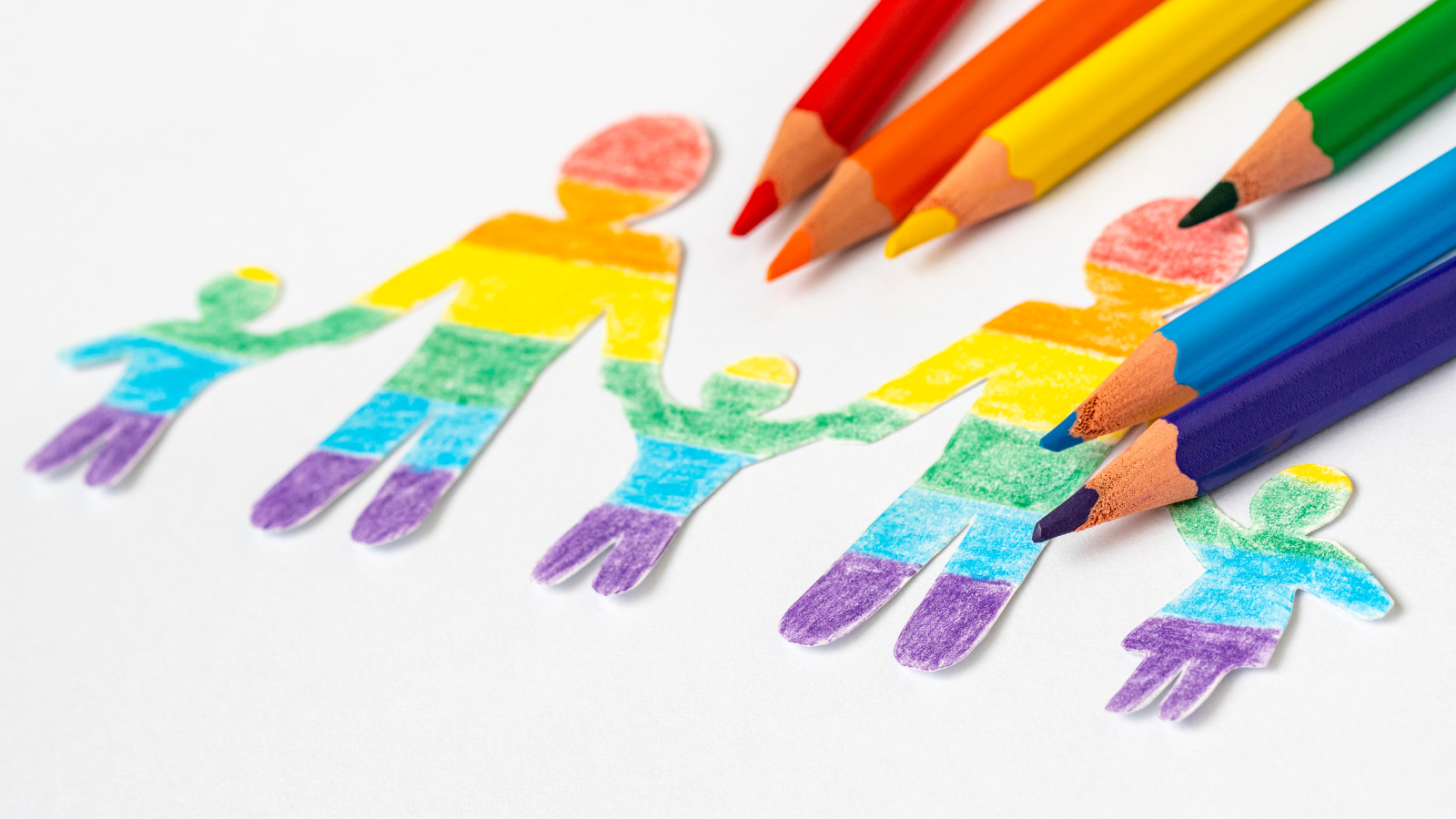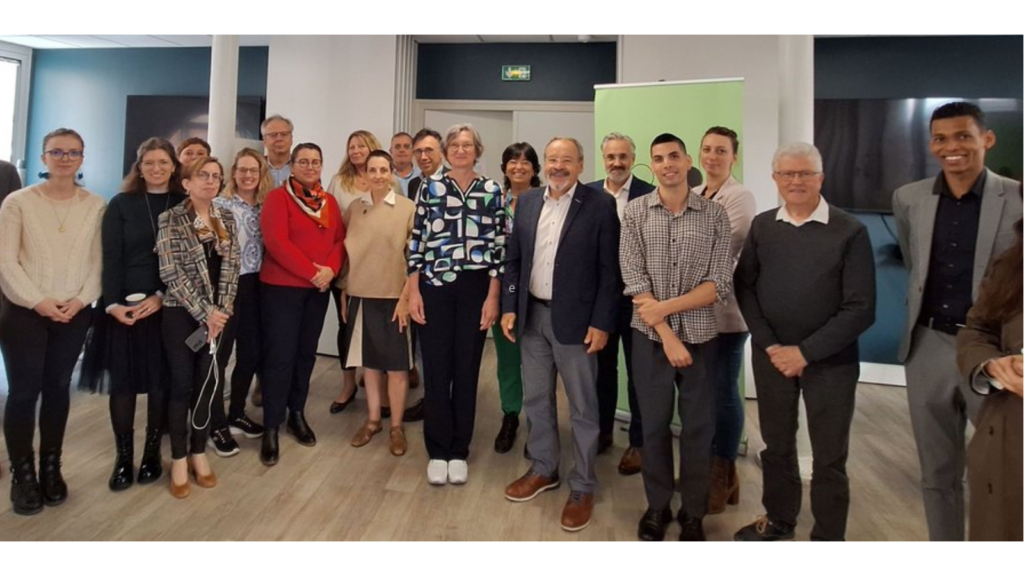Equality and non-discrimination are core EU values and fundamental rights, enshrined in the Treaties and in the Charter of Fundamental Rights. However, research by the EU’s Fundamental Rights Agency (FRA) shows that discrimination against lesbian, gay, bisexual, trans, non-binary, intersex and queer (LGBTIQ) people persists across the EU. In recent years, social acceptance of LGBTIQ people has declined in some Member States. Gaps remain in the EU’s legislative framework for combating discrimination based on sexual orientation, gender identity and sex characteristics. The Covid-19 pandemic has also exacerbated existing inequalities.
On the 12 of November 2020, the European Commission issued a Communication to the European Parliament, the Council, the European Economic and Social Committee and the Committee of the Regions called ‘Union of Equality: LGBTIQ Equality Strategy 2020-2025’. This was the European Commission’s first LGBTIQ Strategy. Outlining key objectives and steps against discrimination and for LGBTIQ+ equality, safety and inclusiveness, in the European Union and around the world, the LGBTIQ Strategy was considered a historical milestone. When adopted, the Strategy was received with great hope by LGBTIQ+ civil society organisations, human rights defenders and people.
In 2023, the European Parliament’s Committee on Civil Liberties, Justice and Home Affairs (LIBE) decided to prepare a report of implementation on the LGBTIQ Strategy. Making use of its conclusions and recommendations, this implementation report shall have two effects: work as a scrutiny tool, making sure the LGBTIQ Strategy lives up to its commitments; and strengthen the calls for a new Strategy for the coming years.
In parallel, Equinet’s report on “Equality Bodies protecting the rights of rainbow families on the move” focuses on the legal framework ensuring the protection of rights and freedoms of same-sex couples and their children on the move within the EU. The report identifies obstacles faced by rainbow families when exercising their EU free movement rights and highlights disparities in legal protections among EU Member States.
EU standards concerning mutual recognition of partnerships and parenthood are presented first, by making reference to relevant provisions of the Treaty on the Functioning of the European Union (TFEU), the EU Charter of Fundamental Rights, the relevant Directives and cases decided by the Court of Justice of the EU (CJEU), as well as the most recent policy developments, such as the LGBTIQ+ Equality Strategy 2020-2025 which includes the ambitious proposal of a Regulation on Mutual Parenthood Recognition.
Standards developed by CoE Member States are also presented, including the Recommendation CM/Rec(2010)5 of the Committee of Ministers to member states on measures to combat discrimination on grounds of sexual orientation or gender identity and relevant case-law of the European Court of Human Rights (ECtHR).
Despite progressive legal frameworks at the supra-national level, levels of protection for rainbow families vary significantly between European states. Some countries provide adequate legal safeguards, while others lag behind, reflecting an ongoing struggle for equality and recognition.
Overall, these reports from the European Parliament and Equinet shed light on the ongoing fight for equality and recognition for rainbow families within the EU, highlighting the need for continued advocacy and legal reform to ensure the protection of their rights and freedoms.
Read the report on the implementation of the EU LGBTIQ Equality Strategy here.
Read the Equinet report on rainbox families here.




